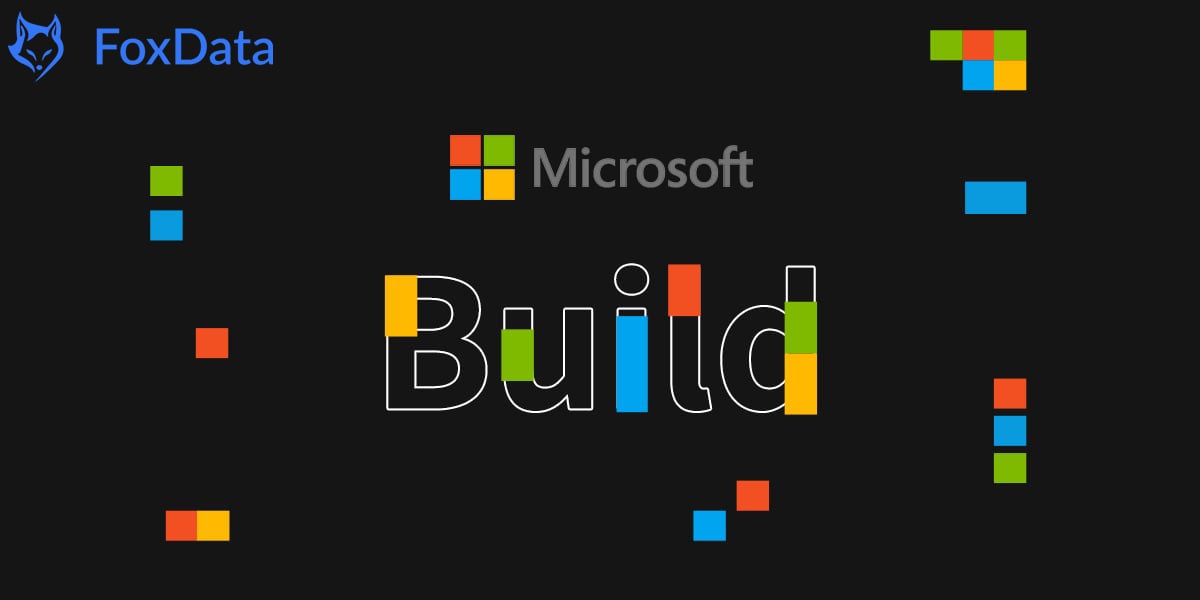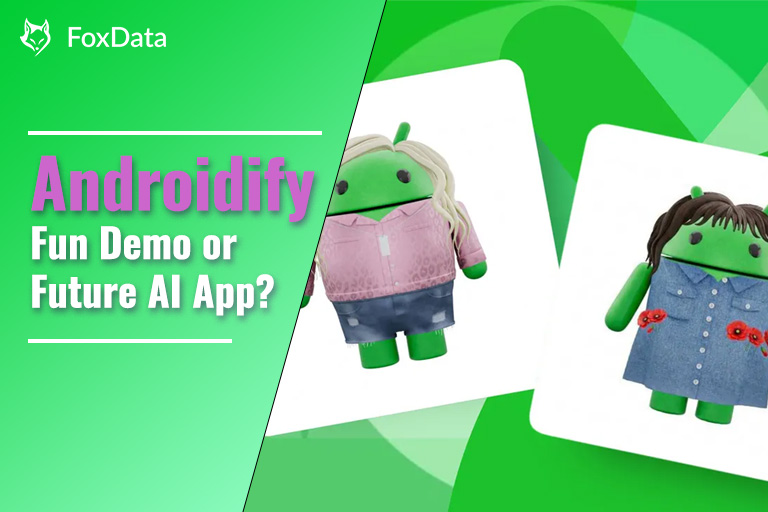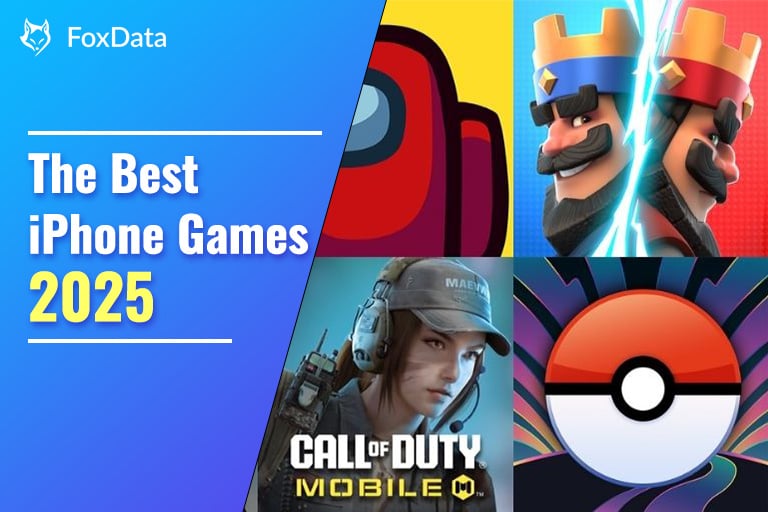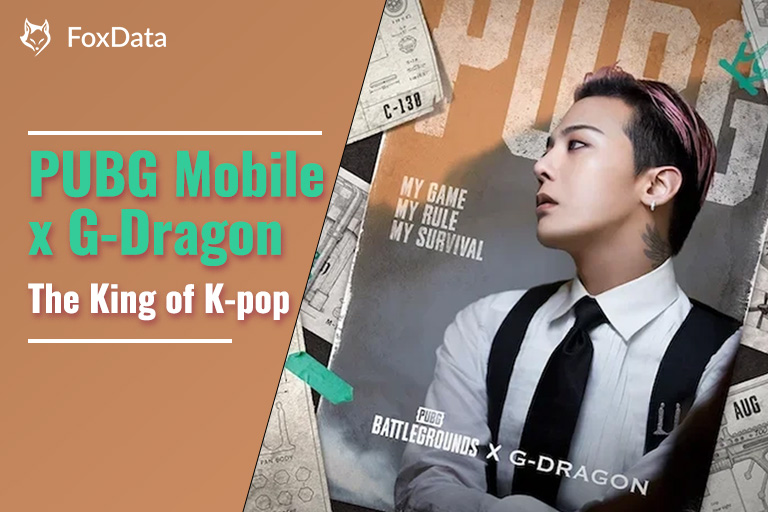Microsoft Build Unveils AI Innovations: Copilot, Bing AI, and More

Microsoft's Build developer conference is currently being held as an in-person event in Seattle, Washington. On Tuesday, CEO Satya Nadella delivered the keynote speech at 12 PM Eastern Time / 9 AM Pacific Time. Many sessions are also available for online viewing.
Similar to other major developer conferences like Google I/O and Apple's WWDC, Microsoft Build serves as a platform for unveiling new features and providing in-depth sessions for developers and professionals who rely on Microsoft's tools. While past Build conferences have included hardware announcements, Microsoft typically places the focus on software and services.
This year's Build conference has a strong emphasis on AI, with Microsoft introducing exciting new features such as the CoPilot experience for Windows 11 and Edge, as well as Bing AI and Copilot plugins for OpenAI's ChatGPT. Microsoft has been working hard to integrate generative AI into many of its products and services, including Bing, Edge, GitHub, and the Office productivity suite.
AI-powered Copilot Assistant is Coming to the Edge
Edge's Copilot makes use of the current website as context to assist users across different platforms within the Microsoft 365 Copilot ecosystem, including Office documents, Outlook emails, and more.
Imagine you're a corporate salesperson exploring a potential client's website. With Copilot in Edge, you can request a comprehensive summary of all interactions related to that lead, such as meetings, emails, and chats. Additionally, Copilot can intelligently suggest utilizing the information you're viewing to compose a response to an email from your supervisor regarding the progress of the lead.
Powered by OpenAI, Microsoft 365 Copilot brings a significant boost to productivity. Copilot aids in crafting polished communications and enhancing documents. It utilizes the advanced GPT-4 AI model, which is also used by the new Bing, to streamline workflows.
The Edge version of Copilot is conveniently located in the browser's sidebar, remaining active as you navigate. Just like other instances of Copilot, it presents itself as an AI-style dialog box, similar to Bing, ready and waiting for your requests and tasks.

New Plug-ins Come to Bing Chat
Following Microsoft's AI update to Bing earlier this year, the search tool has expanded its capabilities beyond providing search results. It can now answer questions, engage in conversations, and generate content in response to user queries. With Microsoft's recent announcement of an extended and substantial investment in its partnership with OpenAI, it's no surprise that Bing has become the default search engine for OpenAI's ChatGPT chatbot.
Starting today, ChatGPT Plus users will notice that Bing citations are now appended to the chatbot's responses. This integration allows ChatGPT's answers to be supported by search and web data, providing users with the ability to learn more without leaving the chat interface. Microsoft emphasized this enhancement in a press release, stating, "ChatGPT answers can be grounded by search and web data and include citations so you can learn more—all directly from within chat."
Microsoft has also introduced third-party plug-ins from companies like Expedia, Instacart, and Zillow into Bing chat conversations. This integration makes it easier for users to take action after receiving information. For instance, Bing users inquiring about travel recommendations can now book a trip directly through Expedia or convert recipe suggestions into a shopping list on Instacart.
Microsoft Teams Avatars Rolling Out
Microsoft Teams avatars have arrived, revolutionizing virtual meetings. Users of Windows PC and Mac can now create their own 3D avatars to represent themselves in meetings.
With these customizable avatars, users can immerse themselves in the virtual world of Microsoft Teams, providing a whole new level of engagement and personalization to collaboration experiences. Whether presenting, brainstorming, or simply catching up with colleagues, avatars convey users' presence.
Microsoft is also introducing immersive spaces for Microsoft Teams, currently in private preview.
Welcome to read more App Marketing News & Trends on AI!
Now just join FoxData and embark on a journey of business growth as we unveil a FREE App Data Analytics Tool, which boosts your downloads, increases your user base, and watches your performance soar to new heights!






